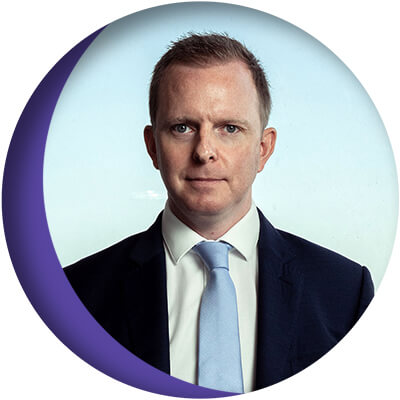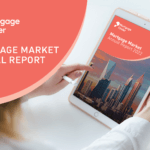A common mistake many buyers make is only looking at the headline interest rate when finding a mortgage. But, in order to get the best deal on a home loan, the interest rate should not be looked at in isolation.
It needs to be considered with all the other costs associated with acquiring a mortgage — including arrangement and processing fees, life insurance, and other charges that come due in order to get the loan. Read on for the important questions you should consider:
Does the bank charge an arrangement or processing fee? If so, how much is this?
Bank arrangement fees can range from zero to 1.5%, or higher. This has a huge impact on upfront costs, but in certain cases can be negotiated. Some banks also charge an application fee, generally AED 1,000, plus VAT, which is an additional charge in a lot of cases.
Do you have to take the bank’s in-house life insurance or can you assign a policy?
Life insurance is mandatory in the UAE and in some cases has to be paid for in full for the entire mortgage term up front. Banks generally charge 0.1% to 0.8% per annum on the decreasing mortgage balance, some ask for level term insurance. The ability to assign an external life insurance policy is a great benefit and should provide considerable savings to clients. This needs be explored in detail and the costs/savings calculated. You can learn more about mandatory life insurance for your UAE home loan here.
Is there a requirement for Salary Transfer?
This is an important aspect in terms of control. If at all possible it is recommended not to undertake a salary transfer. Opting out of a salary transfer allows the client to manage their finances appropriately since a salary transfer agreement obliges the client’s employer to advise the bank of any change of employment, even if there is a reasonable explanation, like moving for a better paid job. The banks will generally hit panic stations and assume the client will abscond, potentially freezing clients’ accounts and funds.
Fixed vs Variable: What is the reversion rate? Is this linked to EIBOR or a bank base rate?
The vast majority of banks offer a fixed rate of anywhere between 1 and 5 years. This fixed rate will then ‘revert’ to a different rate that is a margin over EIBOR (the UAE Central Bank’s daily reference interest rate), or a bank’s own in-house base rate. It is important when first taking the mortgage to understand what the reversion rate is and how it is calculated.
It is possible to re-negotiate with the bank to take out a new fixed rate once your original fixed rate term ends. The UAE Central Bank regulation of a maximum penalty of 1% (and capped at AED 10,000 max.) to refinance a mortgage with another lender can be used as leverage in re-negotiations.
Alternatively, there are mortgages which offer a variable rate linked to EIBOR from the outset, these historically prove cheaper over the medium to long-term, therefore there is no reversion rate. But keep in mind the payments could go up (or down) from day one in line with EIBOR fluctuations. There is also a fixed payment mortgage which shouldn’t be confused or sold as a fixed rate mortgage for the term.
Are overpayments allowed and what if the mortgage is settled early?
When speaking with prospective clients a common theme is that they want to repay their mortgage as soon as possible and be debt-free. Overpayments are a common feature with the average overpayment allowance being 20% per annum penalty free. These partial payments will reduce the mortgage term (or can reduce the monthly payment on request). Interest is calculated on the outstanding balance so the lower the mortgage balance the lower the amount of interest charged and ultimately the quicker the mortgage is repaid. It is important to remember, as stated above, that there is a 1% fee, capped at AED 10,000, banks can charge on early settlement or overpayment.
Here’s how all of this impacts that headline rate you’re seeing:
For example, a product with a headline rate of 2.99% which might seem attractive in comparison to a rate of 4.29% but consider the potential of:
¬ 1% arrangement fee
¬ 0.66% life insurance
¬ Requirement for Salary Transfer
¬ Reversion rate of over 5.55% after 1 year
Compared with a headline rate of 4.29% fixed for 2 years:
¬ Zero arrangement fee
¬ 0.2% with external life insurance
¬ No requirement for Salary Transfer
¬ Reversion rate after 2 years of 4.99%
| Headline Rate | 2.99% | 4.29% |
| Arrangement Fee | 1% | 0% |
| Life Insurance | 0.66% | 0.20% |
| Total Annual Percentage rate: | 4.65% | 4.49% |
Despite first impressions, the annual percentage rate for the 4.29% product is actually lower than the 2.99% offer.
It is vitally important to consider all the costs and not to be misled by enticing 1-year rates. A professional, independent mortgage consultant can help you navigate and negotiate these different costs — that’s why speaking with a broker always makes sense financially.
By Brendan Kennelly, Senior Mortgage Consultant at Mortgage Finder











